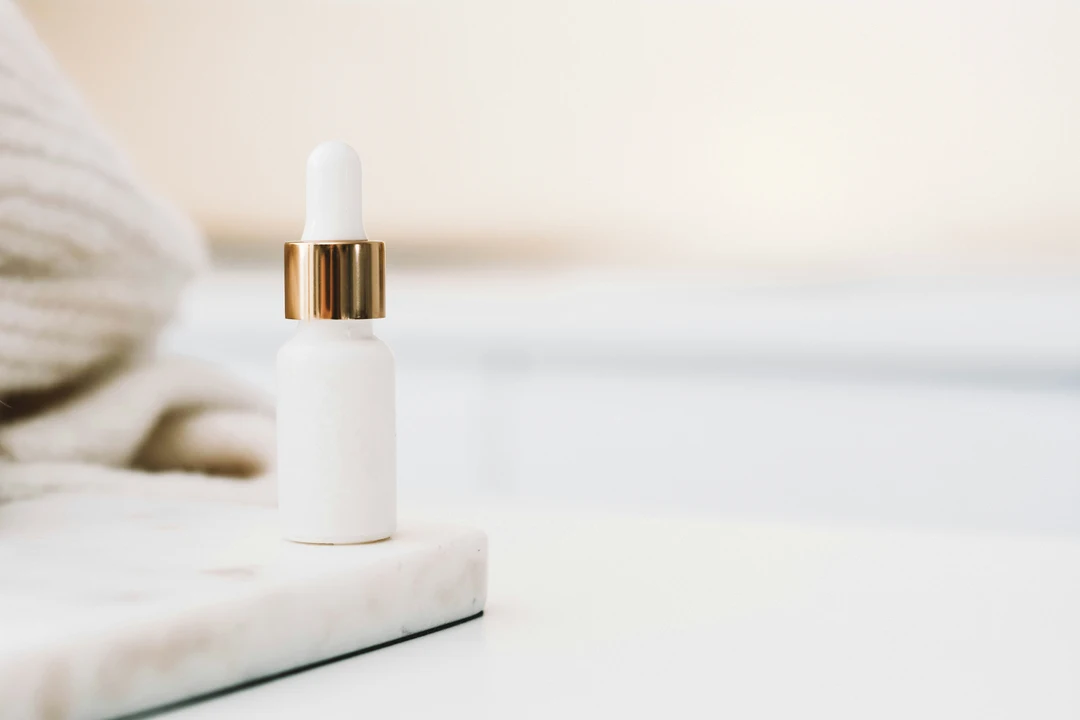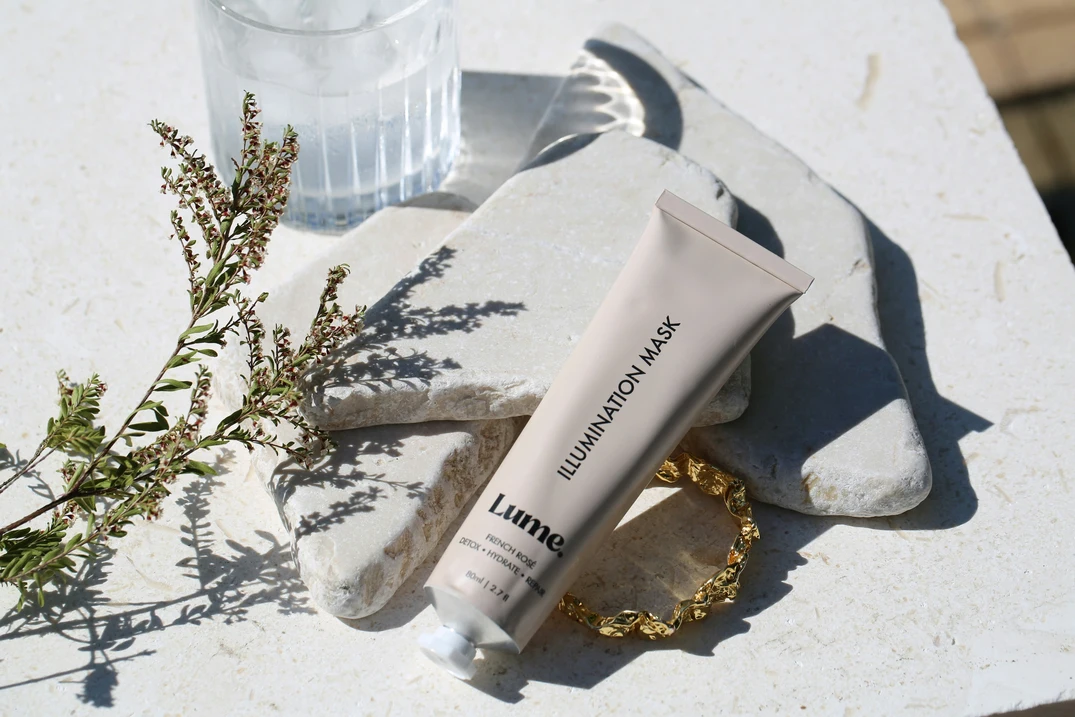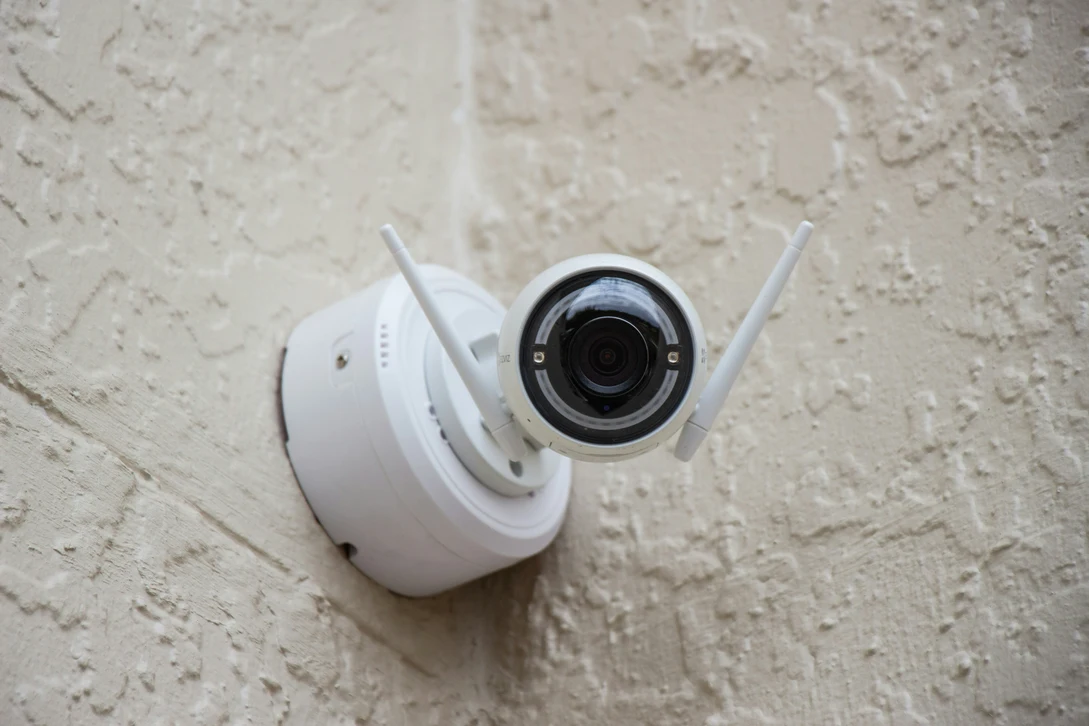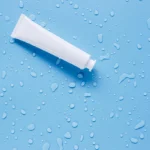What if your skincare knew when your hormones were shifting — and adjusted itself before the breakout, dryness, or dullness ever appeared?
In 2025, AI Hormonal Skincare is redefining personalized beauty by syncing with biological data to adapt routines in real time. From wearable hormone sensors to AI-driven serums, these systems interpret monthly cycles, stress levels, and sleep quality to predict what your skin will need next.
Beauty isn’t just topical anymore — it’s predictive, adaptive, and deeply personal.

What Is AI Hormonal Skincare?
AI Hormonal Skincare uses bio-signal analysis and machine learning to create skin routines that evolve with your body’s hormonal rhythm.
By analyzing biomarkers such as cortisol, estrogen, and melatonin levels through wearables or smart mirrors, AI models map your unique hormonal pattern and generate personalized adjustments — from hydration levels to active ingredient concentrations.
The result: skincare that flows with your biology, not against it.
How AI Hormonal Skincare Works
- Biometric Input: Smart wearables or skin patches track hormonal fluctuations, stress, and sleep quality.
- Predictive Modeling: AI forecasts potential imbalances — dryness before menstruation, oil spikes during ovulation.
- Product Calibration: Smart dispensers adjust serum strength or moisturizer density automatically.
- Routine Optimization: Suggests when to exfoliate, hydrate, or rest the skin based on cycle phase.
- Continuous Learning: Each feedback loop makes your skincare more accurate and intuitive over time.
It’s like having a dermatologist and data scientist in one serum bottle.
Why AI Hormonal Skincare Matters
- Precision Beauty: Moves beyond “skin type” — adapting to real-time hormonal data.
- Preventive Care: Stops issues before they surface instead of reacting afterward.
- Confidence and Consistency: Hormonal fluctuations no longer dictate your complexion.
- Inclusivity: Expands beyond gender — addressing teen, postpartum, and menopause phases.
- Sustainability: Reduces product waste by optimizing quantities and minimizing overuse.
When skincare listens to your hormones, your reflection becomes more stable than your cycle.
Real-World Innovators in 2025
- L’Oréal BioAI Sync: Tracks hormonal biomarkers via wearable patch and adjusts AI serum dispenser.
- Skinome Predict+: Swedish AI skincare using microbiome and hormonal analysis for adaptive routines.
- Clinique CycleIQ: Cloud-based hormonal prediction integrated with personalized skincare recommendations.
- Neutrogena NeuralSkin: Edge AI system linking hormonal sensors with environmental data.
- Tatcha Aura Balance: Minimalist skincare trained on global hormonal diversity datasets.
The future of skincare looks more like a lab than a luxury counter.

The Science Behind Hormone-Responsive Skin
Hormones regulate oil production, barrier repair, and collagen renewal. AI models trained on dermatological hormone datasets (UCLA BioSkin Lab 2025) can predict sebum variation up to 72 hours in advance, helping to fine-tune hydration and active ingredient ratios.
In early clinical studies, AI-guided hormonal skincare reduced cycle-related breakouts by 57 % and improved perceived radiance by 38 %.
When science understands emotion and biology, skincare becomes self-aware.
Ethical & Privacy Considerations
- Data Consent: Hormonal data is health data — must require explicit opt-in.
- Local Processing: Sensitive bio-metrics processed on-device, not cloud.
- Inclusivity: Models trained across ethnic, hormonal, and gender diversity.
- Transparency: Users should know how predictions are made, not just the results.
Trust builds beauty that lasts longer than trends.
The Future: Adaptive Endocrine Wellness
By 2028, AI hormonal skincare will merge with nutrigenomics and neuro-cosmetics — balancing skin, mood, and nutrition together.
Imagine creams that sense cortisol peaks and release calming peptides before stress shows on your skin.
Soon, beauty will mean harmony — not maintenance.

FAQs & Key Takeaways
Q1: How does AI detect hormones without blood tests?
Through non-invasive optical sensors, micro-patches, or saliva bioscans that measure hormonal markers.
Q2: Is this technology safe for everyday use?
Yes — approved wearables and AI systems comply with dermatological and FDA wellness standards.
Q3: Can men use AI hormonal skincare?
Absolutely — male hormonal fluctuations also affect oil balance and skin texture.
Q4: Will AI replace dermatologists?
No — it complements them by managing daily micro-changes between appointments.
Key Takeaways
AI Hormonal Skincare brings the rhythm of your body into your skincare routine.
It predicts, adapts, and personalizes beauty through real-time biological awareness.
The future of glowing skin isn’t reactive — it’s anticipatory.
When your skincare understands your biology, beauty becomes a form of intelligence.
Would you trust an AI to read your hormones and design your next routine?
Share your thoughts below — your feedback helps us explore how smart beauty and science can truly connect.
Discover more AI-powered innovations at Designs24hr.com — where technology meets timeless beauty.
#Designs24hr #BeautyBliss #AIBeauty #SmartSkincare #AIDermatology #AITrends2025 #HormonalSkincare #AdaptiveBeauty #PersonalizedSkincare #AICosmetics #AIPersonalization #AIandDesign #TechLife #SmartLiving #AIBioTech #AIHealth #DesignTrends2025 #FutureOfBeauty #BioAdaptiveAI #SkincareInnovation







